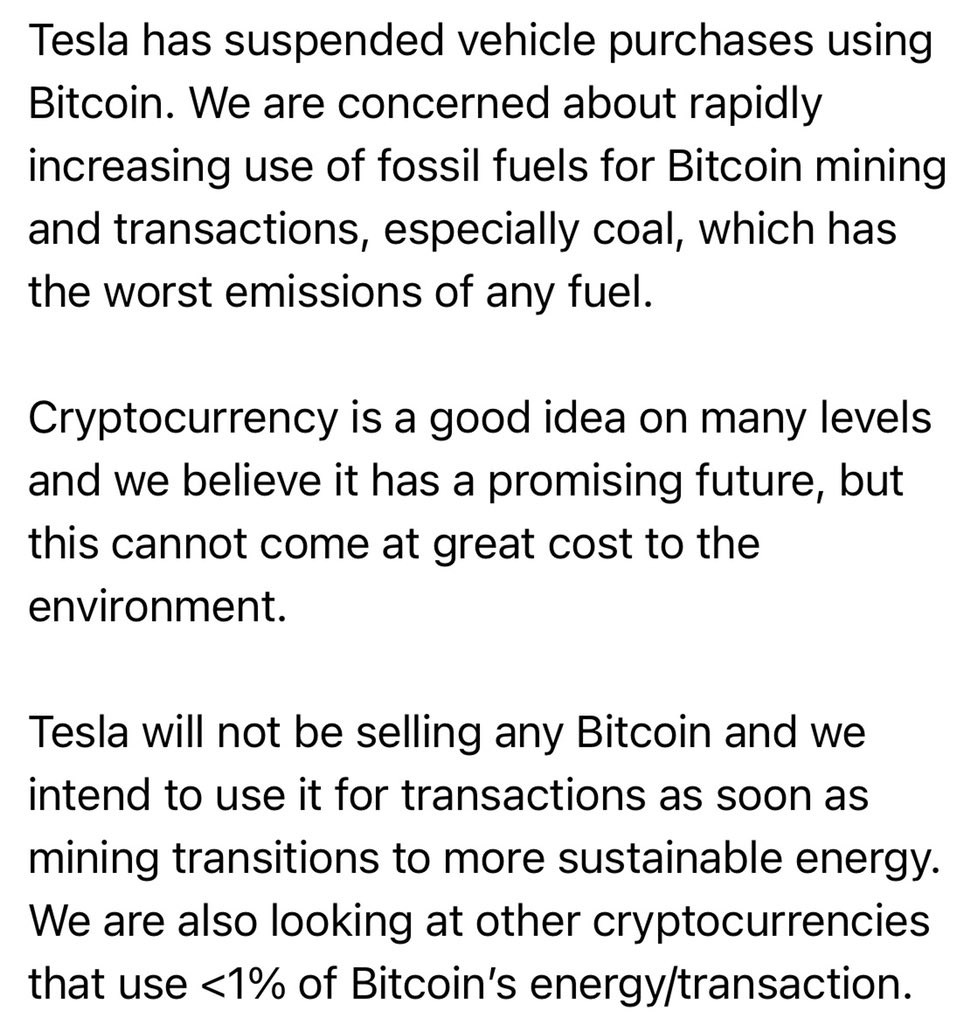Climate change is the biggest threat humanity faces this century. Scientists across the globe agree we could see temperatures rise by as much as 3 to 5 degrees if we don’t act soon.
The Paris Agreement, signed in 2015, was aimed at keeping those rises down to 2 degrees. This is considered to be a ‘safe’ level which mitigates the impact of climate change. Should we go over this limit, the impacts could be catastrophic.
Consider the wildfires in Australia and the US, melting glaciers, floods in Europe, and heatwaves across the globe. All of this is shocking now, but it could become normal. The scary thing is, we don’t know what the full effects of climate change will be.
Pumping carbon into the atmosphere changes weather patterns, heats the planet, and upsets a delicate balance. Warming could lead to feedback loops over which we have no control and might not have considered.
Put simply, we’re creating problems we’re aware of and ones we might not be aware of until it’s too late. We’re playing Russian roulette with the planet, and there are bullets in more than one of the six barrels.
So, where does bitcoin fit into all of this?
Well, mining bitcoin uses a lot of resources. If bitcoin were a country, it would rank 27th in terms of the amount of energy consumed. This is more than countries such as Sweden, Ukraine, and Argentina. A staggering statistic from the Cambridge Bitcoin Electricity Consumption Index states the amount of electricity consumed by bitcoin in a year could power all the kettles used to boil water for tea in the UK for 30 years!
It’s no wonder Elon Musk tweeted his concern about bitcoin’s environmental impacts. Here’s what he had to say:

Tesla had allowed customers to purchase vehicles with bitcoin but reverted after digging into the numbers around bitcoin’s environmental impact. As Musk stated in the following tweet, bitcoin’s energy use is insane.
But it’s what powers the energy, which is the problem. A recent incident where a coal mine in Xinjiang, China, flooded in April was the canary in the coal mine. Due to the flood, the mine was shut down. The blackout halted one-third of bitcoin’s global computing power.
This blackout caused the hash rate, the measure of a miner’s performance, to drop by 49%. Bitcoin evangelists like to extoll how much renewable energy is used to mine bitcoin, but this significant drop highlights how reliant bitcoin is on fossil fuels.
Multiple studies attest to the environmental impact of mining bitcoin. Another study states the average carbon footprint per transaction ranges from 233.4 to 363.5 kg of CO2. For comparison, the average carbon footprint for a VISA transaction equates to 0.4 g of CO2.
That is a staggering difference. But it’s not the only issue regarding bitcoin. What happens to the mining machines once they reach the end of their economic lifetime is an overlooked problem.
We have no way of knowing what each mining rig is composed of, but we do know they require a lot of high-tech kit. If bitcoin cycled through 16,442 metric tons of mining equipment every 1.5 years, as this paper hypothesises, then this would amount to 10,948 metric tons of electronic waste. Waste which has to be disposed of somehow.
But there is another overlooked issue. Anyone who owns a computer knows they are prone to overheating. Mining rigs are no different. These machines need to be cooled to stop them from overheating and breaking, costing miners potential bitcoin.
The amount of energy consumed by cooling bitcoin mining hasn’t been taken into consideration. It’s likely to be a significant figure, and it will use the same energy source as the mining itself.
The shutdown of the coal mine in Xinjiang highlights how reliant bitcoin is on fossil fuels. In a world facing a huge ecological challenge, is it wise to burn through fossil fuels to create a digital currency that has very little real-world use?
It’s hard to argue it does. On paper, bitcoin is a fantastic idea. A decentralised currency without the need for intermediaries sounds great. But we don’t live in an ideal world. Nor has bitcoin come to be used how it was originally envisioned in the white paper in 2008.
Bitcoin is rarely used as a medium of exchange, instead, it’s been referred to as a ‘store of value.’ But the volatility of bitcoin suggests otherwise. In reality, bitcoin is pure speculation. People are buying it up, hoping the price continues to go up and up, and they make bank.
This speculation is fueling an increase in the energy consumption of bitcoin, which contributes to climate change. Alex de Vries, an economist who runs the website digiconimist, states the amount of renewable energy used in bitcoin mining is minimal:
“The miners usually dislike renewables because they don’t generate electricity all the time. They want to run 24 hours a day. The number of machines is constantly going up. The more machines that are running, the greater the decline in the proportion of Bitcoin a miner can capture. Green energy is a terrible match for bitcoin”
Other cryptos, such as Ethereum, are looking at ways to reduce their environmental impact. But the founder of Ethereum is a public figure. No one knows who the founder of bitcoin, Satoshi Nakamoto, is. The likelihood of bitcoin moving away from mining to a ‘proof of stake’ is unlikely in the near future.
Therefore, we’re left with the present situation. The rush to mine bitcoin at great cost to the environment. A cost which will increase as fewer bitcoins become available and the equations required to mine them become harder and harder to solve.
We’re left in the absurd situation of trying to reduce global emissions while simultaneously mining bitcoin, which exacerbates the problem and creates an ‘asset’ whose usefulness is still in question.
This digital gold rush shows no sign of stopping. Just like conventional mining scars the physical landscape, digital mining is having the same effect on the environment but with far bigger consequences.
- 9
- alex
- All
- April
- Argentina
- around
- Australia
- Bank
- Biggest
- Bitcoin
- Bitcoin mining
- Buying
- cambridge
- carbon
- caused
- challenge
- change
- China
- Climate change
- Coal
- computing
- consumption
- continues
- countries
- Creating
- Currency
- Customers
- day
- digital
- digital currency
- digital gold
- Drop
- Economic
- electricity
- Elon Musk
- Emissions
- energy
- Environment
- environmental
- equipment
- ethereum
- Europe
- exchange
- faces
- facing
- Figure
- fit
- founder
- full
- future
- Global
- Gold
- great
- Green
- green energy
- hash
- hash rate
- hoping
- How
- hr
- HTTPS
- huge
- ia
- idea
- Impact
- Increase
- index
- IP
- IT
- keeping
- lead
- Level
- Machines
- Match
- measure
- medium
- Miners
- Mining
- mining machines
- Near
- numbers
- Paper
- People
- performance
- planet
- power
- present
- price
- public
- purchase
- Reality
- reduce
- renewable energy
- Resources
- rig
- Run
- running
- rush
- Satoshi
- Satoshi Nakamoto
- scientists
- shutdown
- SIX
- SOLVE
- States
- Study
- Sweden
- time
- tons
- transaction
- tweet
- Uk
- Ukraine
- us
- value
- Vehicles
- visa
- Volatility
- Water
- Website
- WHO
- world
- year
- years













